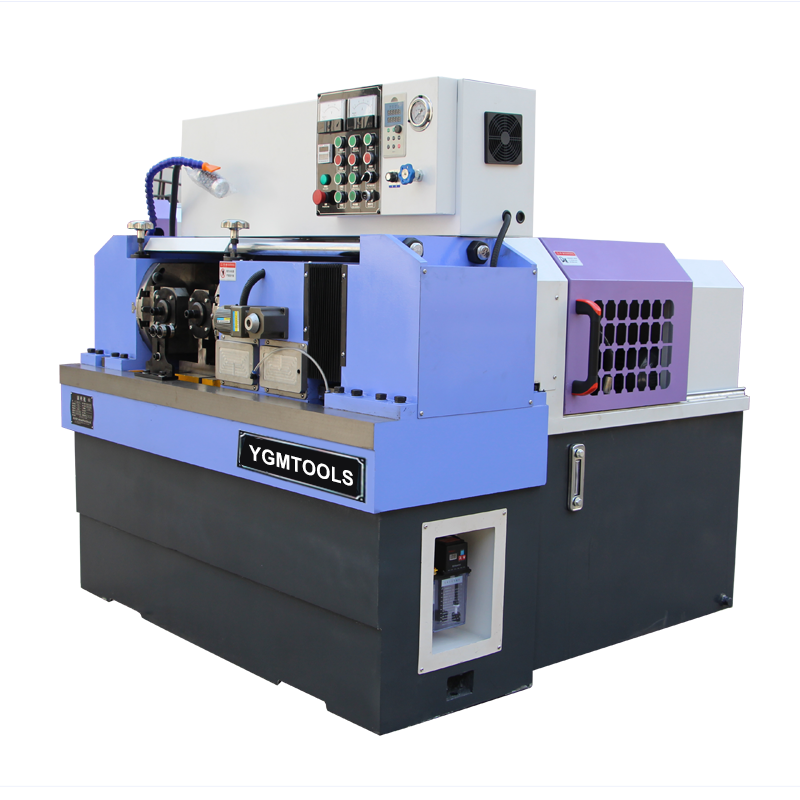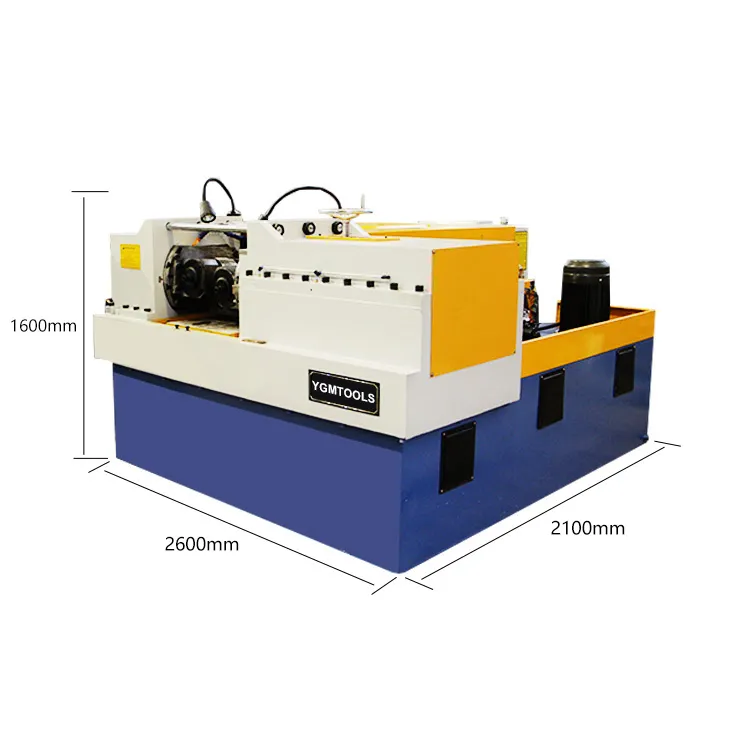
-
 Afrikaans
Afrikaans -
 Albanian
Albanian -
 Amharic
Amharic -
 Arabic
Arabic -
 Armenian
Armenian -
 Azerbaijani
Azerbaijani -
 Basque
Basque -
 Belarusian
Belarusian -
 Bengali
Bengali -
 Bosnian
Bosnian -
 Bulgarian
Bulgarian -
 Catalan
Catalan -
 Cebuano
Cebuano -
 Corsican
Corsican -
 Croatian
Croatian -
 Czech
Czech -
 Danish
Danish -
 Dutch
Dutch -
 English
English -
 Esperanto
Esperanto -
 Estonian
Estonian -
 Finnish
Finnish -
 French
French -
 Frisian
Frisian -
 Galician
Galician -
 Georgian
Georgian -
 German
German -
 Greek
Greek -
 Gujarati
Gujarati -
 Haitian Creole
Haitian Creole -
 hausa
hausa -
 hawaiian
hawaiian -
 Hebrew
Hebrew -
 Hindi
Hindi -
 Miao
Miao -
 Hungarian
Hungarian -
 Icelandic
Icelandic -
 igbo
igbo -
 Indonesian
Indonesian -
 irish
irish -
 Italian
Italian -
 Japanese
Japanese -
 Javanese
Javanese -
 Kannada
Kannada -
 kazakh
kazakh -
 Khmer
Khmer -
 Rwandese
Rwandese -
 Korean
Korean -
 Kurdish
Kurdish -
 Kyrgyz
Kyrgyz -
 Lao
Lao -
 Latin
Latin -
 Latvian
Latvian -
 Lithuanian
Lithuanian -
 Luxembourgish
Luxembourgish -
 Macedonian
Macedonian -
 Malgashi
Malgashi -
 Malay
Malay -
 Malayalam
Malayalam -
 Maltese
Maltese -
 Maori
Maori -
 Marathi
Marathi -
 Mongolian
Mongolian -
 Myanmar
Myanmar -
 Nepali
Nepali -
 Norwegian
Norwegian -
 Norwegian
Norwegian -
 Occitan
Occitan -
 Pashto
Pashto -
 Persian
Persian -
 Polish
Polish -
 Portuguese
Portuguese -
 Punjabi
Punjabi -
 Romanian
Romanian -
 Russian
Russian -
 Samoan
Samoan -
 Scottish Gaelic
Scottish Gaelic -
 Serbian
Serbian -
 Sesotho
Sesotho -
 Shona
Shona -
 Sindhi
Sindhi -
 Sinhala
Sinhala -
 Slovak
Slovak -
 Slovenian
Slovenian -
 Somali
Somali -
 Spanish
Spanish -
 Sundanese
Sundanese -
 Swahili
Swahili -
 Swedish
Swedish -
 Tagalog
Tagalog -
 Tajik
Tajik -
 Tamil
Tamil -
 Tatar
Tatar -
 Telugu
Telugu -
 Thai
Thai -
 Turkish
Turkish -
 Turkmen
Turkmen -
 Ukrainian
Ukrainian -
 Urdu
Urdu -
 Uighur
Uighur -
 Uzbek
Uzbek -
 Vietnamese
Vietnamese -
 Welsh
Welsh -
 Bantu
Bantu -
 Yiddish
Yiddish -
 Yoruba
Yoruba -
 Zulu
Zulu
OEM Screw Rolling Machine Precision Threading Solution
- Introduction to Advanced Thread Forming Technology
- Technical Advantages and Performance Data
- Competitive Manufacturer Comparison Matrix
- Custom Engineering Solutions Overview
- Industry Application Case Studies
- Technical Support and Maintenance Specifications
- Strategic Advantages of OEM Partnerships

(oem screw rolling machine)
OEM Screw Rolling Machine Engineering Fundamentals
Modern manufacturing depends on precision thread forming technology. OEM screw rolling machines revolutionize production by displacing traditional cutting methods through cold-forming processes. These systems transform cylindrical blanks into threaded components through immense pressure applied by precisely engineered dies. The process generates zero material waste while enhancing material strength by up to 30% through work hardening. Industrial applications range from micro-fasteners to heavy-duty scaffolding pipe thread rolling machines used in construction industries globally.
Unlike conventional threading approaches, screw rolling machines maintain dimensional accuracy within ±0.01mm tolerances while processing 60-80 components per minute. The cold-working technique produces superior surface finishes of 0.4-1.6μm Ra without secondary operations. Leading manufacturers incorporate servo-electric systems consuming 40% less energy than hydraulic equivalents while providing real-time monitoring capabilities. Modular designs now enable rapid conversion between standard screw profiles and specialized geometries like ACME or trapezoidal threads in under 20 minutes.
Technical Advantages and Performance Data
Contemporary thread rolling technology delivers quantifiable improvements across manufacturing metrics. Industry data confirms production efficiency increases of 200-300% compared to thread-cutting alternatives. Energy consumption metrics demonstrate sustainability benefits:
Rolling machines require 15-25 kW power compared to 45-60 kW for CNC thread milling equipment performing equivalent tasks. Advanced vibration damping systems reduce acoustic emissions to 75 dB(A) at 1-meter distance, creating safer operator environments. Modern control systems incorporate adaptive pressure technology that automatically adjusts forming force based on material hardness variations detected through integrated sensors.
Key technical innovations include multi-axis die positioning systems maintaining parallelism within 0.05mm across the entire working cycle. Temperature management subsystems maintain optimal working conditions during continuous operation through recirculating oil cooling circuits. Dual-mode functionality allows standard production runs while preserving capacity for specialty batches including medical-grade threaded components with surface roughness requirements below 0.8μm.
Comparative Analysis of Leading Manufacturers
Global suppliers offer distinct advantages across technical specifications and operational capabilities. Performance comparisons reveal significant differences in precision, versatility, and lifecycle costs:
| Manufacturer | Max. Diameter Capacity | Production Rate (units/min) | Thread Length Accuracy | Power Consumption |
|---|---|---|---|---|
| Standard Precision Series | M20 | 45-50 | ±0.03mm | 18.5 kW |
| Heavy Industrial Series | M42 | 32-35 | ±0.05mm | 28.7 kW |
| Scaffolding Pipe Specialists | DN80 | 18-22 | ±0.07mm | 24.3 kW |
Leading European manufacturers provide superior metallurgical components in spindle assemblies rated for 120,000+ operating hours. Asian suppliers often counter with 35-40% lower acquisition costs while maintaining ISO 9001 certifications. North American producers typically offer superior technical support packages including remote diagnostics and guaranteed 48-hour response times for critical failures.
Custom Engineering Solutions Overview
Industrial applications increasingly demand specialized OEM screw thread rolling machines configured for exact production environments. Engineering adaptations include hardened tooling options for processing titanium or high-nickel alloys and expanded throat depths for oversized components. Common customization parameters encompass:
• Programmable pitch diameter adjustments for prototype development
• Integrated measurement systems with statistical process control outputs
• Material handling automation interfaces for robotic cell integration
• Explosion-proof configurations for petrochemical environments
• Cleanroom-compatible versions with particle containment
For scaffolding pipe thread rolling machines, heavy-duty variants feature reinforced frames supporting 120kN forming pressure for structural connections. These systems incorporate proprietary die technology that simultaneously forms multiple thread starts around pipe circumference with positional accuracy of ±0.25 degrees. Manufacturers now provide configuration software simulating production parameters before equipment commissioning, reducing integration timelines by 6-8 weeks.
Industry Application Case Studies
Automotive tier suppliers report transformative impacts after implementing specialized oem screw rolling machine
s. A transmission component manufacturer reduced threading operation costs by 62% while increasing output to 1.7 million units monthly. The transition eliminated subsequent deburring operations and reduced quality rejections from 5.2% to 0.18% through consistent root fill control.
Construction equipment manufacturers achieved breakthrough productivity using dedicated scaffolding pipe thread rolling machines. Forming proprietary pipe joint systems required customized die configurations processing DN50 to DN100 diameters. This specialization reduced threading time for scaffolding connectors from 112 seconds to 8.5 seconds per piece while increasing joint tensile strength by 45% through optimized grain flow patterns.
Aerospace fastener producers overcame titanium processing challenges using advanced servo-controlled machines. Closed-loop pressure management enabled defect-free threading of Ti-6Al-4V alloys at production rates matching steel component throughput. The solution maintained positional accuracy of ±0.015mm across 18-hour production cycles while eliminating material annealing requirements previously needed after thread cutting operations.
Technical Support and Maintenance Specifications
Optimal oem screw rolling machine performance requires disciplined maintenance protocols. Leading suppliers now integrate predictive maintenance technology with IoT sensors monitoring:
• Spindle bearing temperature thresholds
• Hydraulic fluid contamination levels
• Servo motor torque curve deviations
• Vibration frequency pattern changes
Technical service agreements typically cover quarterly calibration checks including:
- Parallelism verification of roll heads
- Force measurement system certification
- Safety circuit validation checks
- Control software updates
Critical wear components like dies average 250,000-300,000 cycles between refurbishments when processing carbon steel. Progressive maintenance schedules suggest rotational assemblies undergo comprehensive overhaul after 15,000 operating hours. Industry benchmarking indicates total maintenance costs between $0.08-$0.15 per thousand components produced on modern screw rolling equipment.
Strategic Advantages of OEM Screw Thread Rolling Machine Partnerships
Manufacturers selecting dedicated screw threading equipment partnerships secure long-term competitive advantages. The continuous innovation cycle yields annual productivity improvements of 3-5% through progressive machine refinements. Production data confirms that collaborating with machinery developers on application-specific solutions reduces per-unit costs by 18-27% compared to standardized equipment implementations.
Future developments focus on integrated manufacturing ecosystems. New generation scaffolding pipe thread rolling machines incorporate blockchain-enabled traceability systems recording production parameters for each threaded component. Industry 4.0 compatibility is becoming standard through OPC UA interfaces that seamlessly integrate thread rolling analytics into overall equipment effectiveness dashboards.
Intelligent thread processing now combines augmented reality-assisted die change systems with adaptive control algorithms. These platforms automatically compensate for tool wear, maintaining dimensional consistency throughout production runs exceeding 100,000 units. The evolution of oem screw rolling technology continues redefining precision manufacturing possibilities across global industrial sectors.

(oem screw rolling machine)
FAQS on oem screw rolling machine
Q: What is an OEM screw rolling machine?
A: An OEM screw rolling machine is a specialized cold-forming equipment designed for mass-producing threaded fasteners like screws and bolts. It utilizes precision rotary dies to form threads without cutting material, ensuring high-speed production and superior thread strength. OEM versions allow manufacturers to customize specifications for their unique production requirements.
Q: How does an OEM screw thread rolling machine differ from standard models?
A: An OEM screw thread rolling machine offers manufacturer-specific customization for die configurations, feed systems, and automation compatibility. Unlike standard machines, OEM versions integrate seamlessly with existing production lines with tailored throughput and material handling features. This ensures optimized performance for specialized thread profiles like metric, UNC, or UNF standards.
Q: Can an OEM scaffolding pipe thread rolling machine handle heavy-duty applications?
A: Yes, OEM scaffolding pipe thread rolling machines are engineered for robust performance with high-tensile steel pipes up to 50mm diameter. Reinforced frames and hardened dies withstand continuous operation under heavy loads typical in construction scaffolding production. Customizable roll pressure and cycle speeds ensure precise threading for safety-critical pipe connections.
Q: What maintenance features should I expect from OEM thread rolling machines?
A: OEM thread rolling machines include accessible lubrication ports, quick-die-change systems, and diagnostic sensors to minimize downtime. Predictive maintenance alerts via integrated IoT modules notify operators about die wear or alignment issues. These proactive features maximize machine longevity and maintain thread consistency across production batches.
Q: Are OEM thread rolling machines adaptable for different material grades?
A: Absolutely, OEM machines offer adjustable rolling force (5-25 tons) and variable RPM to accommodate materials ranging from soft aluminum to titanium alloys. Custom die geometries compensate for material spring-back effects during thread forming. This flexibility allows processing diverse alloys without compromising surface finish or dimensional accuracy.
